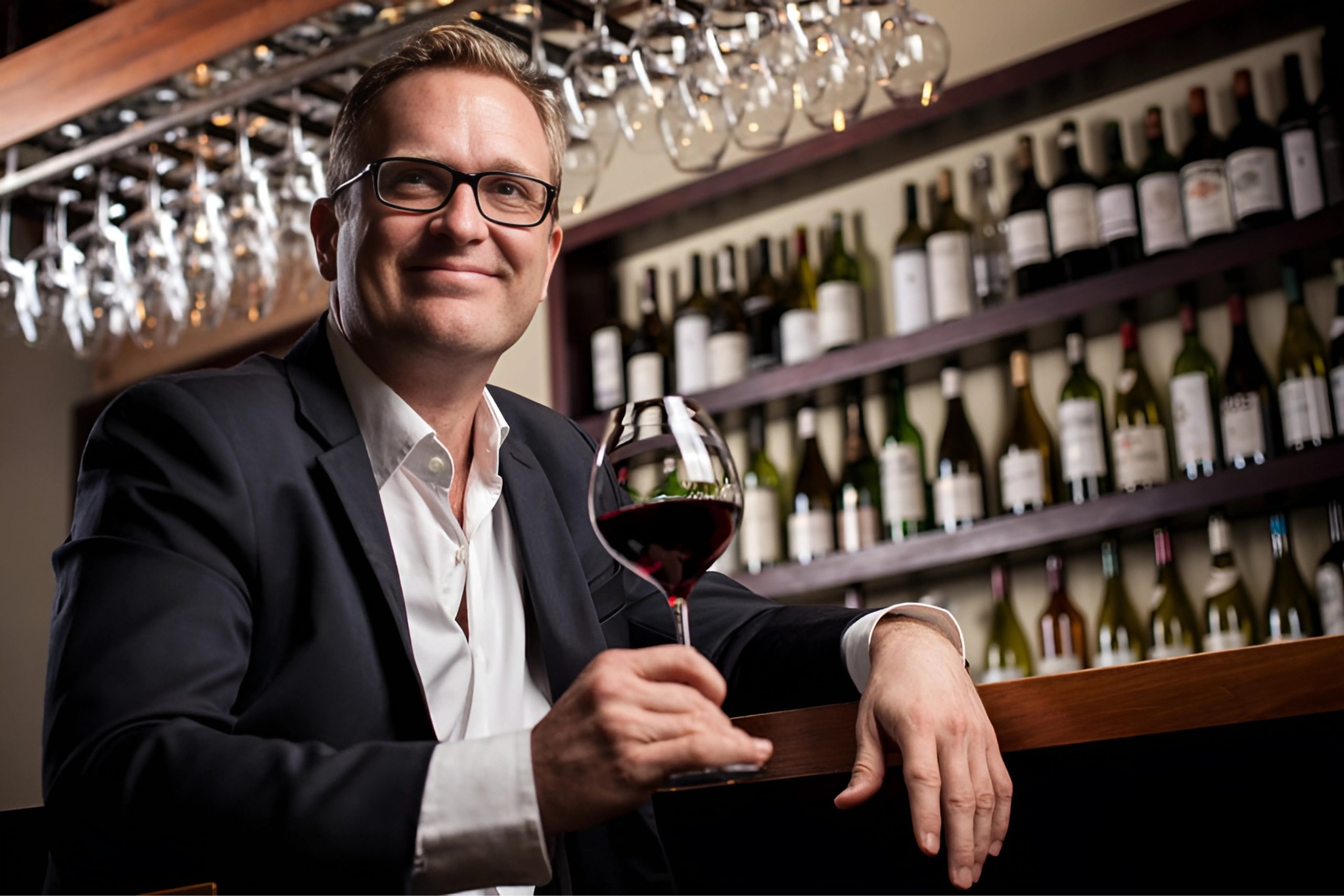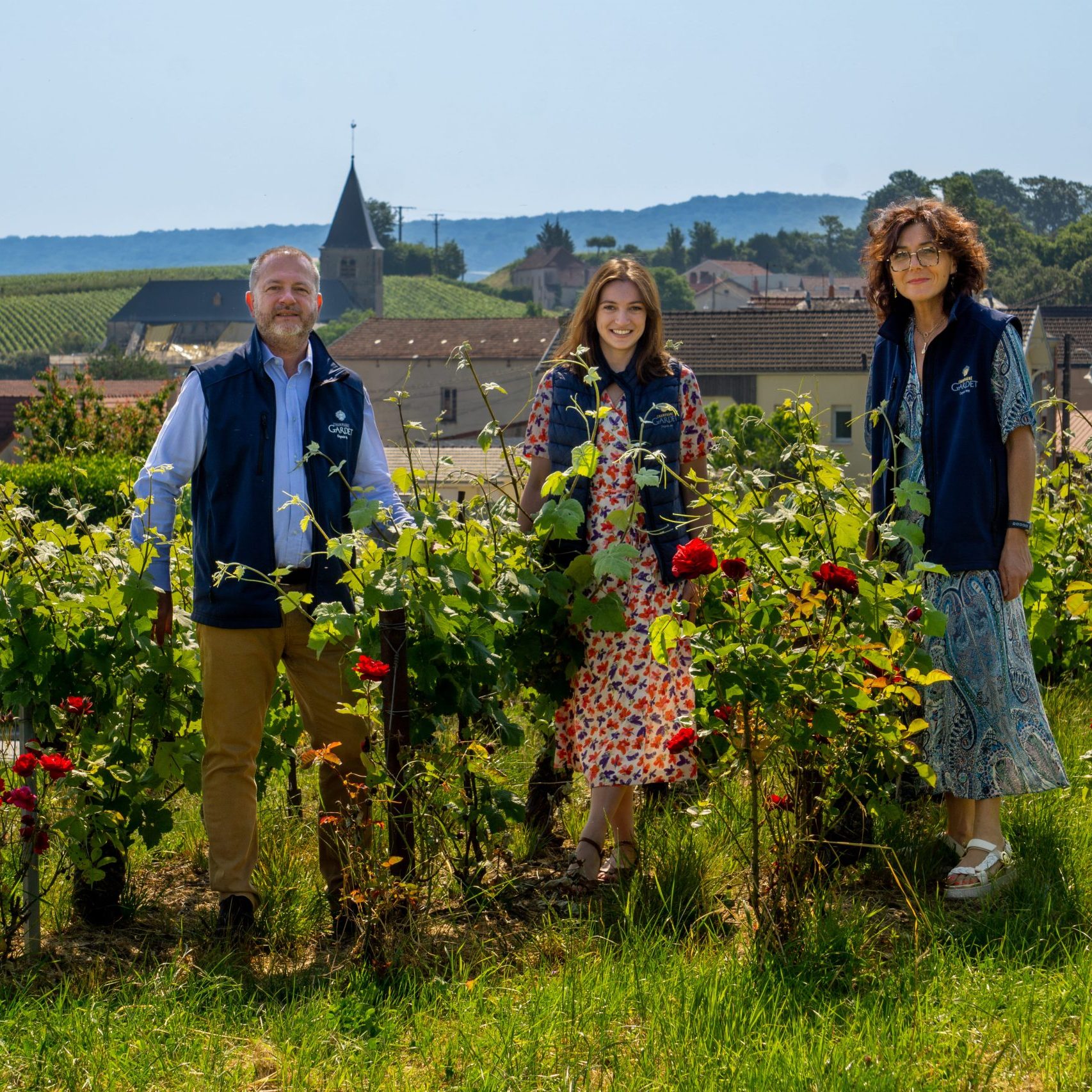Ryan Reynolds’ Aviation Gin brand to sell to Diageo
Drinks giant Diageo is set to acquire the American gin brand owned by Hollywood actor Ryan Reynolds in a deal worth an estimated US$610 million (£465.7m).
Ryan Reynolds has partnered with Proof Drinks to distribute his Aviation Gin brand in the UK
Ryan Reynolds will keep an “ongoing ownership interest” in Aviation Gin, which has been handed over to Diageo through its acquisition of parent company Davos Brands.
Diageo has bought a majority stake in the entire Davos Brands portfolio, which also includes Astral Tequila, Sombra Mezcal, and TYKU Saké.
Davos Brands bought Aviation Gin in from Oregon-based House Spirits Distillery in 2016 for an undisclosed sum and, two years later, Reynolds bought an “ownership interest” in the brand, just as many celebrity-owned spirits labels were starting to bear fruit for their high profile owners. George Clooney sold his Casamigos Tequila brand to Diageo for US$1billion the year before Reynolds made his own deal with Davos.
The acquisition will be funded through existing cash and is expected to close before the end of 2020, subject to regulatory clearances.
“Growing the brand with my company, Maximum Effort Marketing, has been among the most fulfilling projects I’ve ever been involved with,” Reynolds said.
“I want to thank Diageo for their incredible team and passion. We’re so excited for the next chapter of Aviation Gin, which, I promise, will require just as little reading.”
Following Clooney’s footsteps
The deal involves an initial payment of $335 million, but the spirits group could spend up to $275 million more depending on Aviation’s sales over the next 10 years.
Earlier this month, the company reported some of its worst annual results in history after global bar and restaurant closures took away spirits brands’ key route to market, but its historic figures show that upmarket gin and Tequila brands are driving sales.
Diageo’s global gin sales fell by just 4% this year, compared to a 17% fall in Scotch sales. Tequila, which makes up 5% of Diageo’s net sales, actually grew by 25%, with Casamigos posting strong double digit increases “driven by strong category momentum in key markets and actions taken to strengthen its position in at-home occasions”.
Aviation has done just that. Last year, the gin brand’s volume sales doubled, adding the highest number of cases of any premium gin label, and contributing 40% of super premium gin segment growth, according to IWSR figures.
Partner Content
During lockdown, the brand made considered efforts to keep up awareness with consumers, with Reynolds voicing a tongue-in-cheek advert lamenting the loss of the bar, while suggesting new at-home occasions to crack open a bottle of gin.
Ivan Menezes, Diageo’s chief executive, said the acquisition is in line with the group’s plan to snap up “high growth brands with attractive margins that support premiumisation”.
“We are confident that Aviation American Gin will continue to shape and drive the growth of super premium gin in North America and we are looking forward to working with Ryan Reynolds and the Davos Brands team to accelerate future growth.”
This acquisition also shares some similarities with Diageo’s purchase of Clooney’s Tequila brand. Diageo paid $700 million up front for Casamigos, and will pay a further potential $300 million based on its performance over the next decade.
Poised for growth
Premium gin, mezcal and Tequila have all soared in popularity over the past decade. According to the IWSR, global Tequila value sales are up by 13% to over £7.2 billion, making it one of the fastest-growing spirits categories.
Net sales of Diageo’s gin brands rose 22% in 2019, with Gordon’s and Tanqueray delivering double digit growth, although gin still makes up just 4% of the company’s revenues.
Menezes said during last year’s results briefing there is “a lot of runway ahead” for the growth of its gin portfolio worldwide, with markets such as Brazil and Mexico starting to pick up pace.
“The trend of gin is spreading around the world,” he said.




